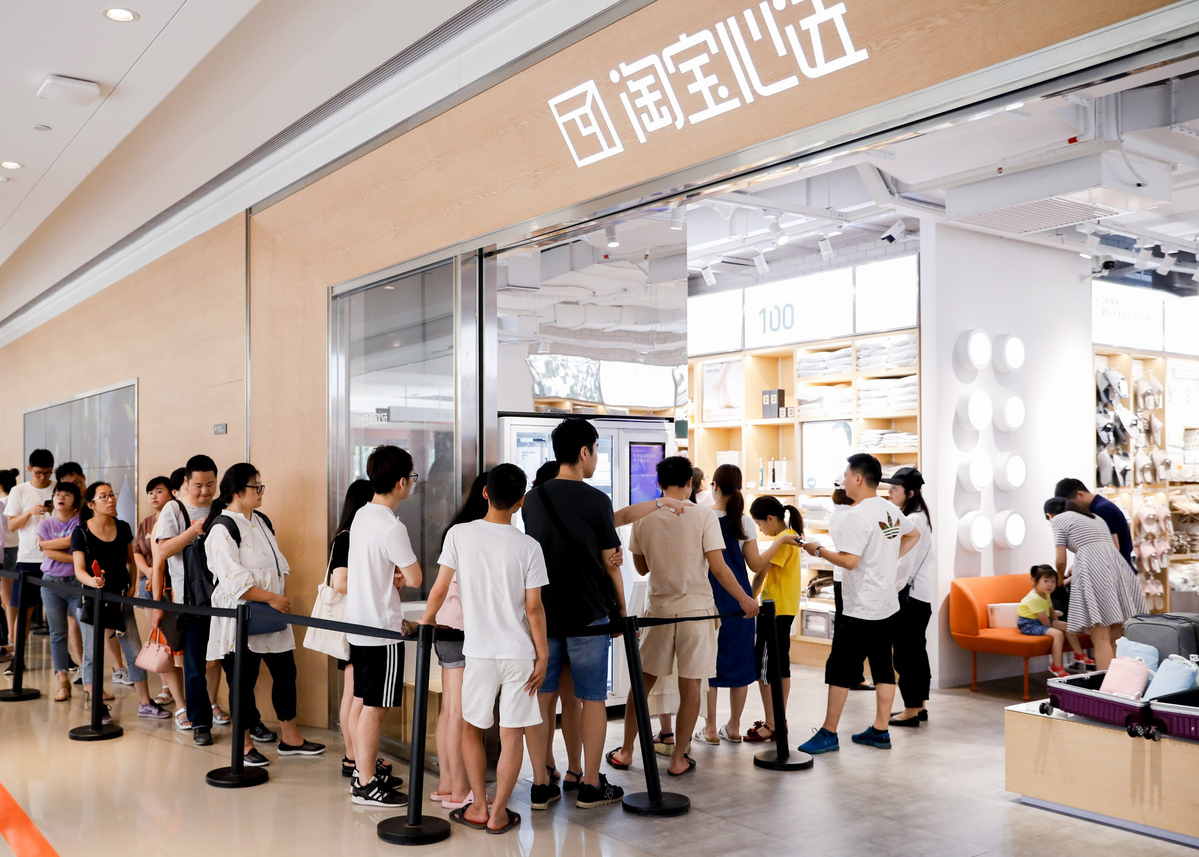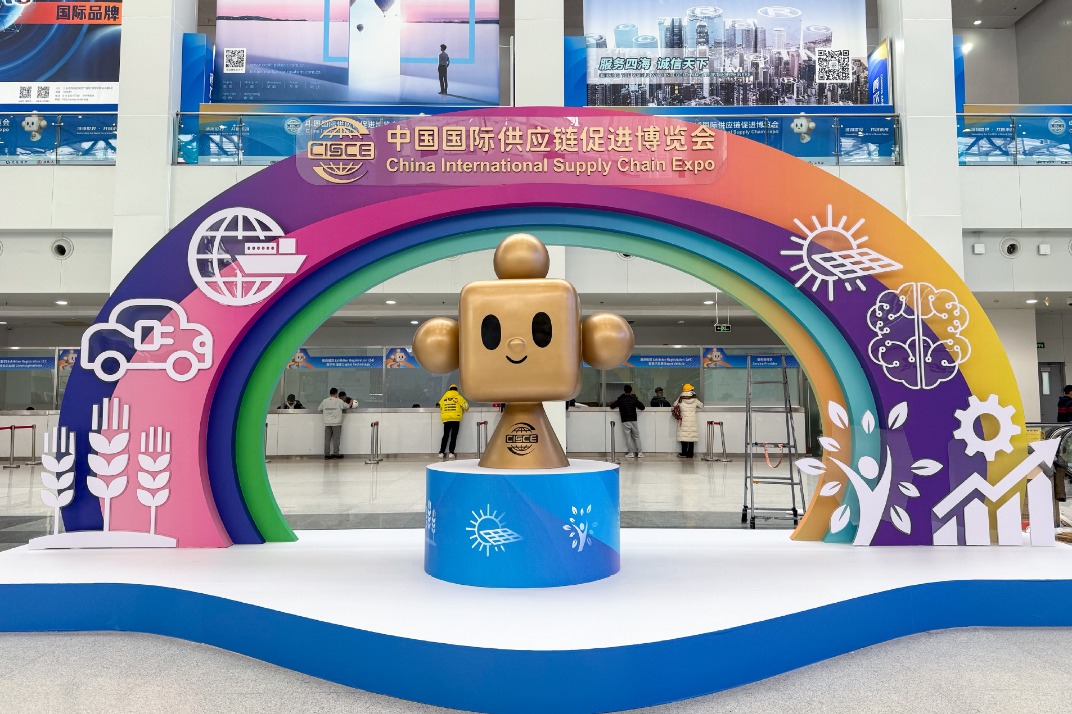Taobao Choice to streamline go-to-market process


Taobao, Alibaba's customer-to-customer e-commerce site, is shaping up to become a hub for connecting designers, manufacturers and retailers through a dedicated platform that empowers each party with data-backed customer insights.
Taobao Choice, which features private-label goods, plans to help create 1,000 lifestyle-related categories and nurture 1,000 retail brands with manufacturing capabilities in three years, said General Manager Zhang Di on Monday.
Banking on Alibaba's traffic and data analytics, the three-year plan aims to serve 10 million young urban families in China. This demographic typically looks for quality yet reasonably priced daily necessities, from home fragrances to sonic control toothbrushes, Zhang told a news conference in Hangzhou.
"China never lacked excellent designers or design concepts," he said. "What we lack is the ability to turn a good design into a good business, and by doing so, to benefit young designers and small-and-medium-sized merchants."
Taobao Choice has adopted a manufacturer-to-consumer approach, where the combination of Alibaba's customer insights and established global brands' manufacturing capabilities can effectively shorten the supply chain, and accelerate the entire product launch and go-to-market processes.
Meanwhile, companies can enjoy high-quality service while selling at a much more favorable price, thanks to the removal of middlemen.
The initiative was given a further boost on Monday with the fresh rollout of eight lifestyle necessities, including pens, clocks and thermo mugs, designed exclusively for the platform by Naoto Fukasawa, a world-renowned industrial designer.
"Big data is an engine to (help) design the right things," Fukasawa said. "It is useful not only for marketing purposes ... It can spark more creativity."
According to Zhang, Taobao Choice will generate dedicated reports on customer behavior based on different product categories.
But Yu Deqing, a council member of the Institute of Interior Design of the Architectural Society of China, said design is a gamechanger only when the product category faces high supply and fierce competition, requiring higher differentiation among products.
"That means the (product's) commercial value is somewhat limited," he said.
Yu added the role of data should not be overemphasized, given that people's decisions are not necessarily rational when they choose daily necessity products.




































